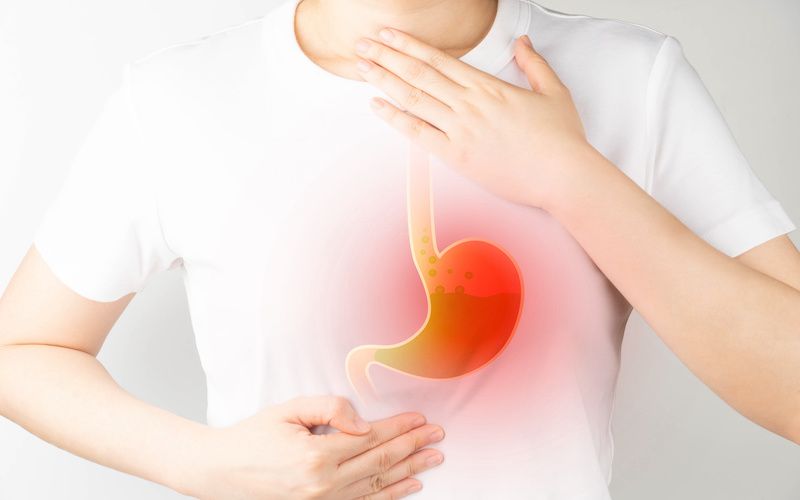- Center on Health Equity & Access
- Clinical
- Health Care Cost
- Health Care Delivery
- Insurance
- Policy
- Technology
- Value-Based Care
GERD Treatment May Yield More Favorable PH Outcomes for Patients With Codiagnoses
This retrospective study shows that among nearly 160,000 patients with pulmonary hypertension (PH), those who also had gastroesophageal reflux disease (GERD) had lower rates of morbidity and mortality.
Patients with gastroesophageal reflux disease (GERD) may have more favorable pulmonary hypertension (PH) outcomes, say the researchers of a new study, who suggest that the findings may be due to GERD treatment having benefits for lung disease.
The retrospective study, published in Cureus, showed that among nearly 160,000 patients with PH, those who also had GERD had lower rates of morbidity and mortality. The overall mortality rate between 2001 and 2013 was 3.57% among patients with GERD compared with 4.56% among patients without esophageal reflux. The former group of patients also had significantly shorter hospital stays than patients with PH alone.
Gastroesophageal reflux disease (GERD) or acid reflux symptoms: © Orawan - stock.adobe.com

“We hypothesize that this difference may again be attributed to the use of PPIs [proton pump inhibitors]. Debilitated or severely ill patients often have increased micro-aspirations leading to macro-aspirations and pneumonia, among other pathologies, thereby prolonging hospital stays,” described the group. “By reducing the acidity of these aspirations, acid-modulating medications may protect patients with GERD from exacerbations of their PH and reduce their hospital stay. Thus, the diagnosis of GERD may counterintuitively have a protective role because of PPI treatment.”
Although primary causes of PH are relatively well characterized, secondary causes remain less known and include the association between PH and GERD. It’s hypothesized that micro-aspirations associated with reflux lead to erosion and damage of the lung parenchyma, thus eliciting the development of interstitial lung disease.
The findings from the retrospective study translated into lower hospital costs for the group of patients with PH and GERD, found the researchers. Although costs increased significantly across the board throughout the study period, patients with the comorbidities had significantly lower costs.
Looking at other comorbidities, the researchers found that a codiagnosis with GERD was associated with a higher likelihood of acute heart failure exacerbations and aspiration pneumonia but was associated with a lower likelihood of myocardial infarctions, cardiac arrests, pulmonary embolism, pulmonary hemorrhages, cardiac interventions, acute respiratory failure, acute renal failure, and urinary tract infections.
These patients were more likely to have a variety of other comorbidities, including obesity.
“Obesity is also known to be associated with an increased risk of GERD; studies have found the incidence of GERD in the United States to be 18.1% to 27.8% with an [odds ratio] of 1.58 of having GERD in obese people,” detailed the researchers.” Patients with GERD and PH are likely to have increased adiposity. These factors may lead to increased chronic cardiac stress resulting in worsening heart failure. While the use of PPIs might have a cardioprotective role (as demonstrated by the decreased risk of myocardial infarction and cardiac arrest), obesity may worsen heart disease. This may explain that while our patients with GERD had a trend (nonsignificant) toward a decreased risk of acute heart failure exacerbation, their weight may have an inverse effect by worsening heart failure.”
Reference
Mittal A, Hossain A, Wang D, et al. Role of gastroesophageal reflux disease in morbidity and mortality for patients admitted with pulmonary hypertension. Cureus. Published online May 24, 2023. doi:10.7759/cureus.39431
